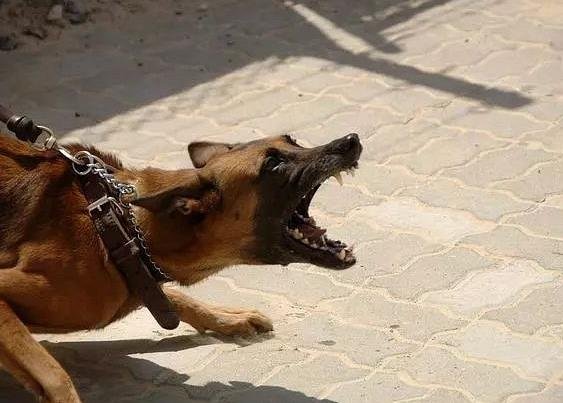
Effective Strategies to Stop Dog Aggression
Understanding Dog Aggression
Dog aggression is a common issue that many pet owners face. It can be directed towards other animals, humans, or both. Understanding the root cause of your dog’s aggressive behavior is the first step in addressing it. Common causes include fear, territoriality, and pain. Identifying these triggers can help you take the right steps to resolve the problem.
Behavioral Training Techniques
Behavioral training is crucial in curbing aggressive tendencies in dogs. Positive reinforcement is one of the most effective methods. Reward your dog for calm and non-aggressive behavior with treats or praise. Consistency is key; ensure that all family members follow the same training protocols to avoid confusion. In some cases, professional training might be necessary, especially if the aggression is severe.
Environmental Management
Managing your dog’s environment can significantly reduce aggressive incidents. Avoid exposing your dog to situations that trigger aggression. For instance, if your dog is territorial, controlling access to certain areas of your home can help. Using tools like muzzles and leashes in public can also prevent aggressive outbursts. Additionally, providing your dog with plenty of physical and mental stimulation can reduce stress and anxiety, which are common precursors to aggressive behavior.
Veterinary Consultation
In some cases, aggression in dogs can be due to underlying medical conditions. Consulting with a veterinarian can help rule out or identify health issues like pain or hormonal imbalances that may be contributing to the aggression. Your vet can also recommend appropriate treatments, which may include medication or specific therapeutic interventions.
Addressing dog aggression requires patience and dedication. By understanding the causes, employing effective training techniques, managing the environment, and seeking veterinary advice, you can help your dog become a well-behaved and less aggressive companion.
American Dingo animal behavior Budget Tips canine behavior Canine Care Canine Health DIY pet projects dog behavior Dog Breeds dog care Dog Care Tips dog exercise Dog Food Dog Grooming dog health Dog Measurement dog nutrition dog ownership dog potty area Dog Training Dog Wound Care Family Pets Hunting Dogs lipomas in dogs newborn puppy care obedience training outdoor pet care Pet Care Pet Care Tips Pet Health Pet Loss Pet Safety pet tips pet training Positive Reinforcement Potty Training Puppy Care puppy health Puppy Training Rabies in Dogs Temperature Monitoring Training Tips veterinary advice Veterinary Care Veterinary Tips
Sorry. No data so far.
Leave a Reply
You must be logged in to post a comment.